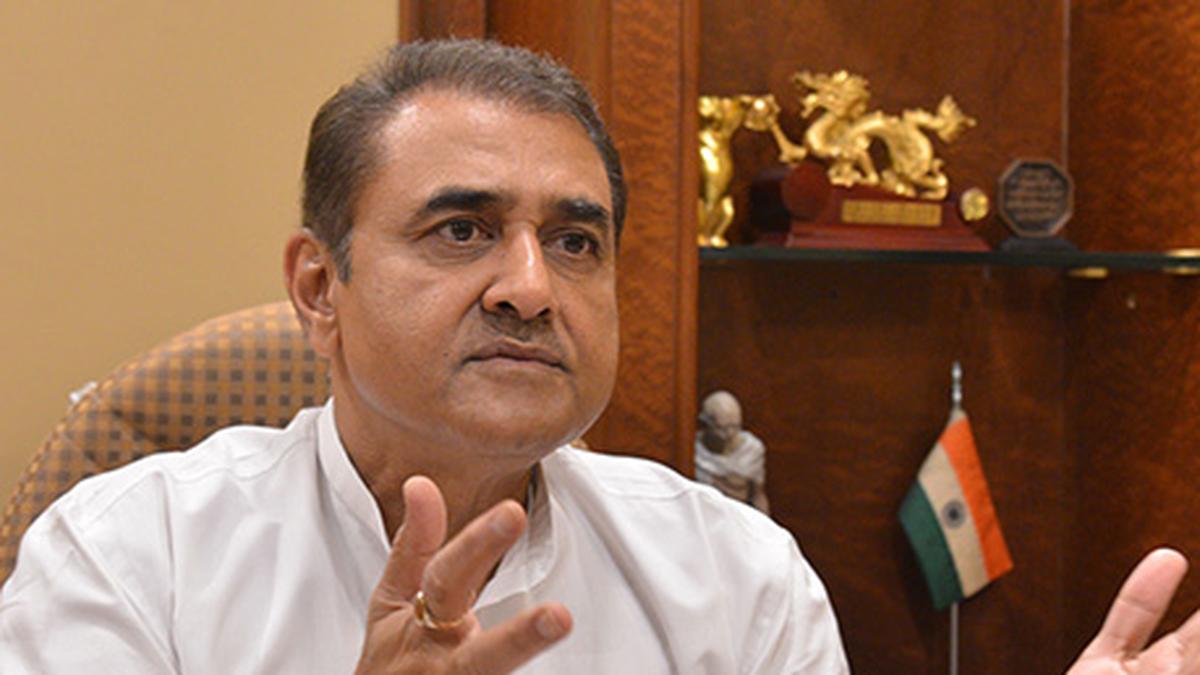Now Reading: Supreme Court Protects Cartoonist Over PM Modi, RSS ‘Objectionable’ Cartoons
-
01
Supreme Court Protects Cartoonist Over PM Modi, RSS ‘Objectionable’ Cartoons
Supreme Court Protects Cartoonist Over PM Modi, RSS ‘Objectionable’ Cartoons
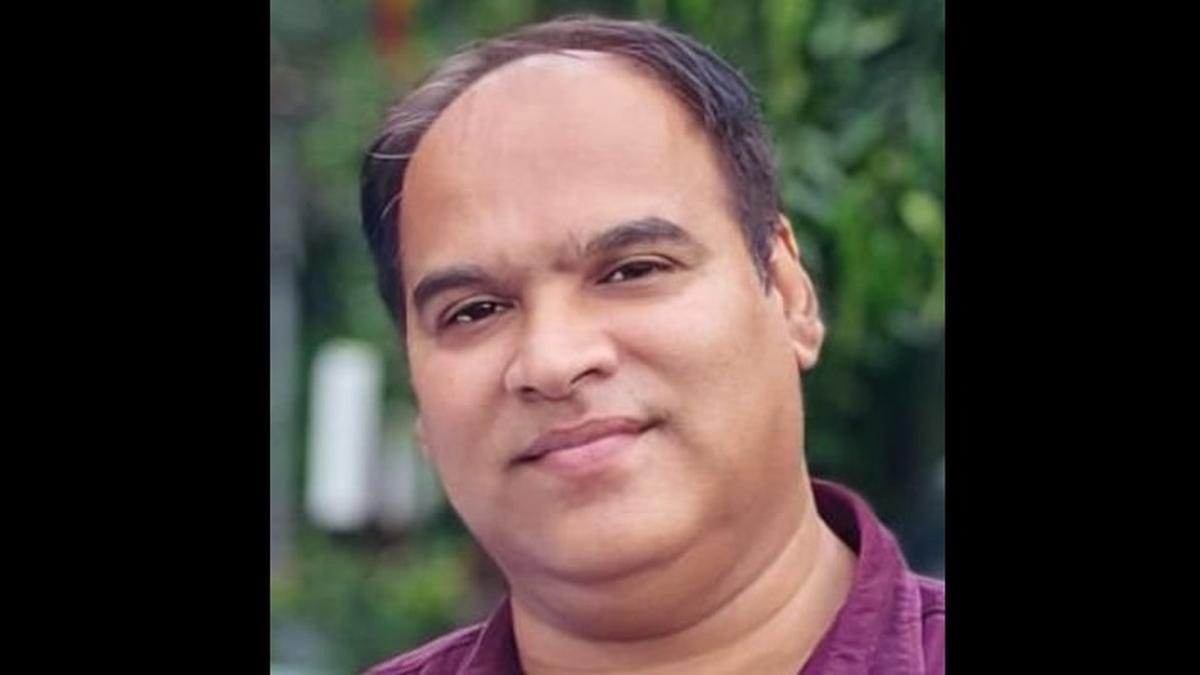
Fast summary
- The Supreme Court on July 15, 2025, granted protection from coercive action to cartoonist hemant Malviya, accused of sharing objectionable cartoons of Prime Minister Narendra Modi and RSS workers on social media.
- A bench of Justices Sudhanshu dhulia and Aravind Kumar cautioned that continuing to share offensive posts could invite legal action.
- Malviya challenged an earlier Madhya Pradesh High Court order denying him anticipatory bail. He was booked by Indore police in May following a complaint by RSS worker Vinay Joshi alleging religious sentiments were hurt and communal harmony disturbed.
- Accusations include posting material deemed objectionable under Bharatiya Nyaya Sanhita sections related to communal harmony, religious sentiment offense, breach of peace, and explicit online content via the Details Technology Act.
- Advocate Vrinda Grover argued that while the cartoon in question may be in poor taste, it dose not constitute an offense under Indian law. She agreed to delete the alleged offensive content.
- Justice Dhulia remarked on increasing abuse of freedom of speech on social media but stressed adherence to proper legal frameworks.
Image Caption: Cartoonist Hemant Malviya had challenged a Madhya Pradesh High Court order refusing him anticipatory bail (Photo: X/@HemantMalviya73).
Indian Opinion Analysis
The supreme CourtS decision underscores the delicate balance between upholding freedom of speech-a cornerstone democratic value-and addressing concerns over misuse leading to social unrest or violation of laws governing public decency. The court’s remarks highlight a growing concern over abusive speech proliferating through social media platforms.
Cartoonist Hemant Malviya’s case spotlights how creative expression can clash with community sensitivities in India’s pluralistic society. While artistic freedom is protected under Article 19(1)(a) of the Constitution, boundaries are enforced when such expressions allegedly violate Section 67-A IT Act or provisions affecting communal harmony.
this ruling offers temporary relief for Mr. Malviya but also reflects judicial readiness to act against repeated offenses crossing legal thresholds. For civil society and policymakers alike, this case reiterates the need for balancing individual freedoms with collective obligation-especially critical given India’s diversity and rapidly evolving digital landscape.


